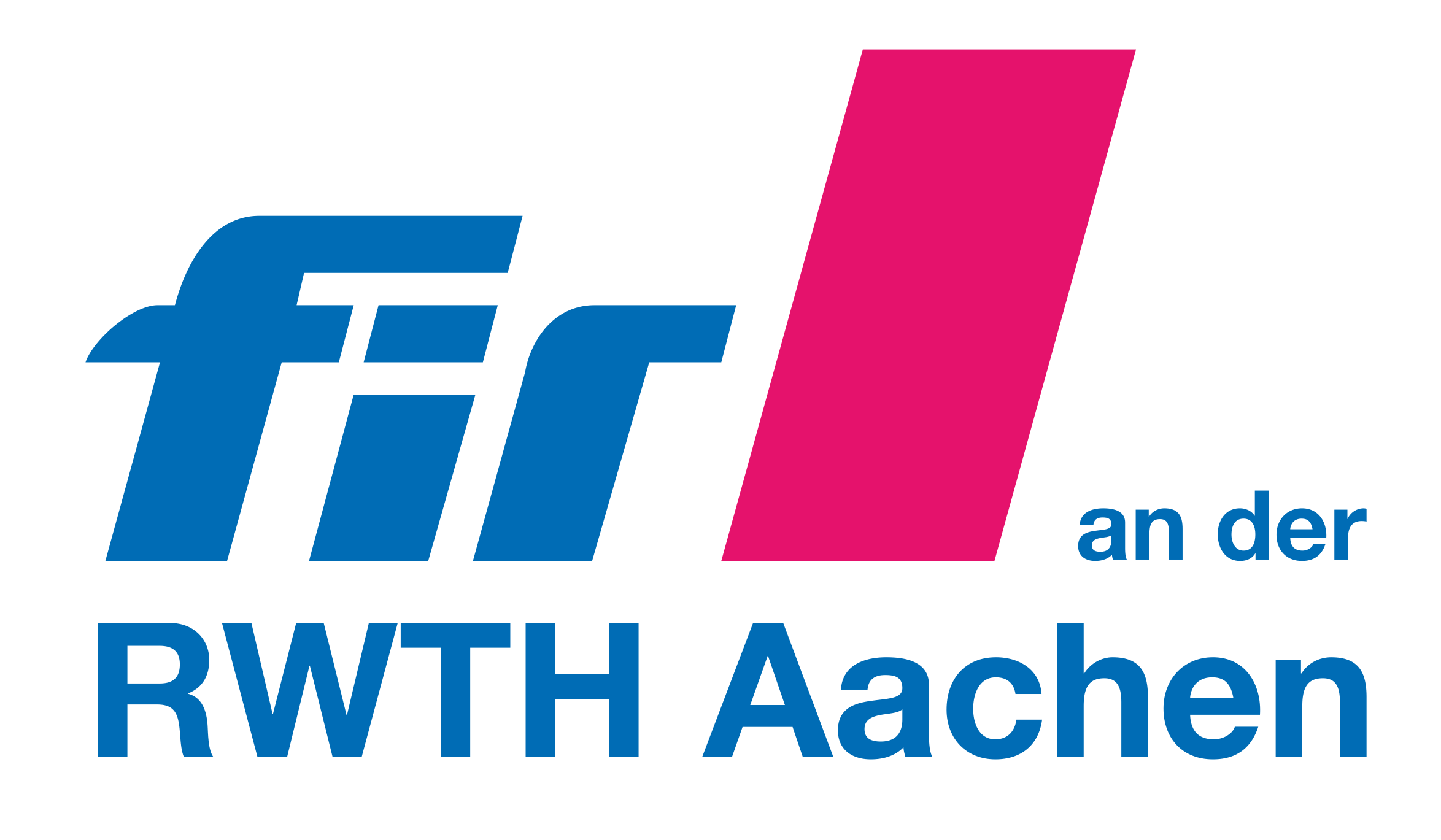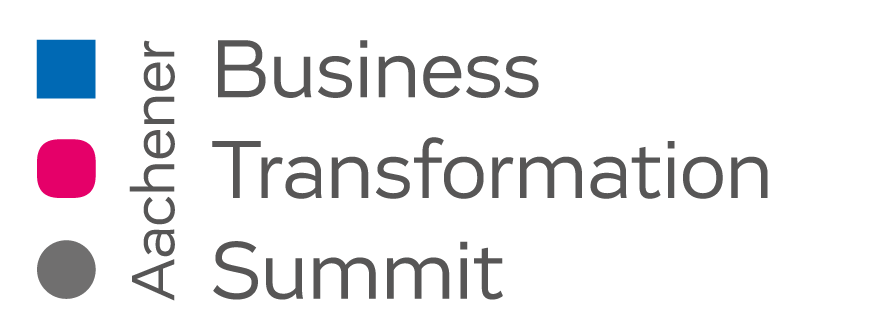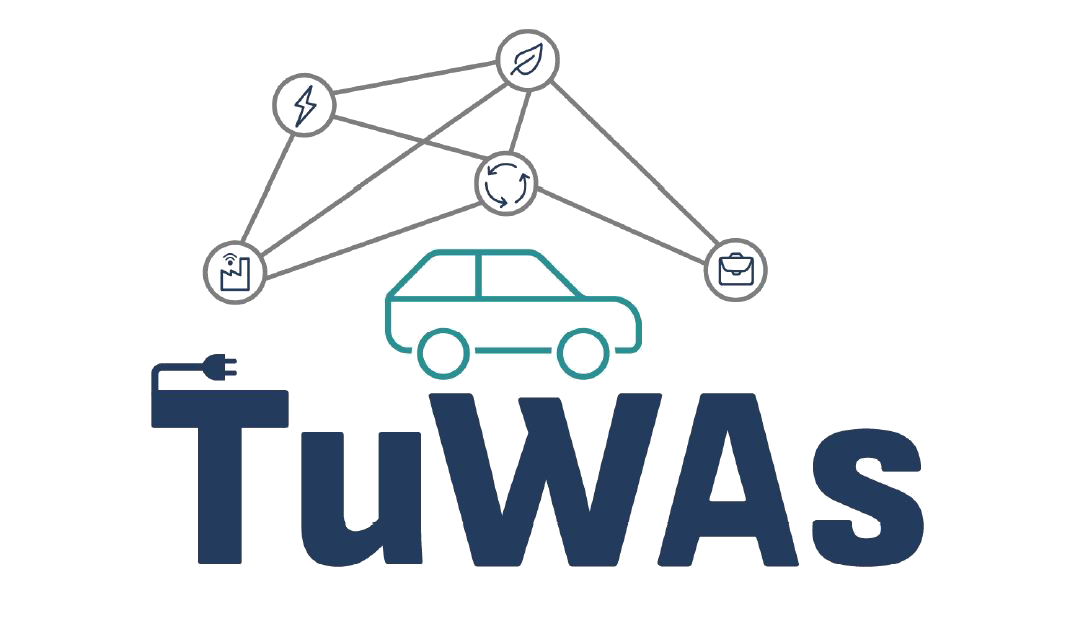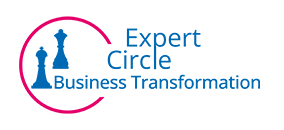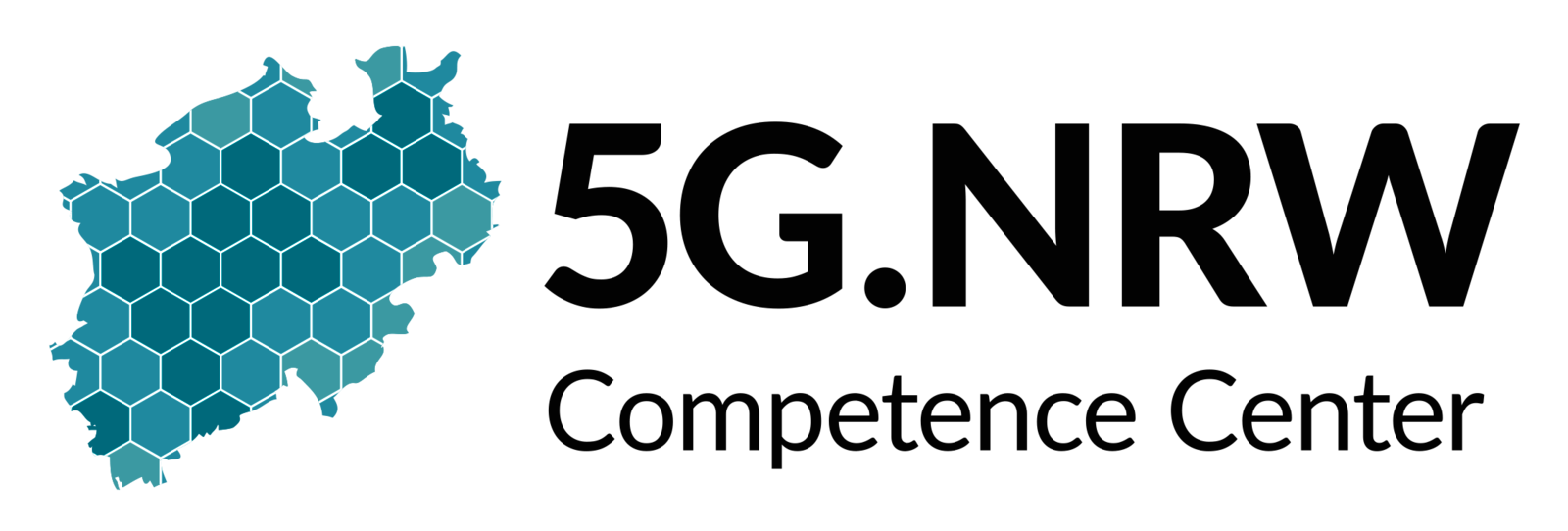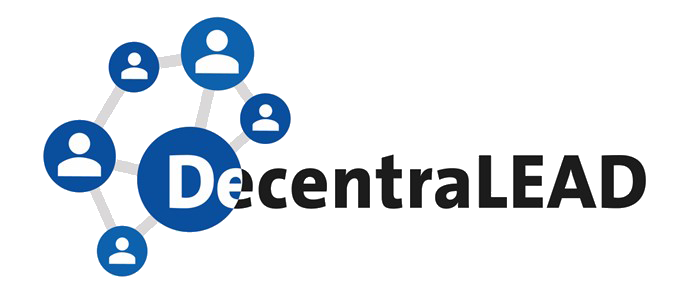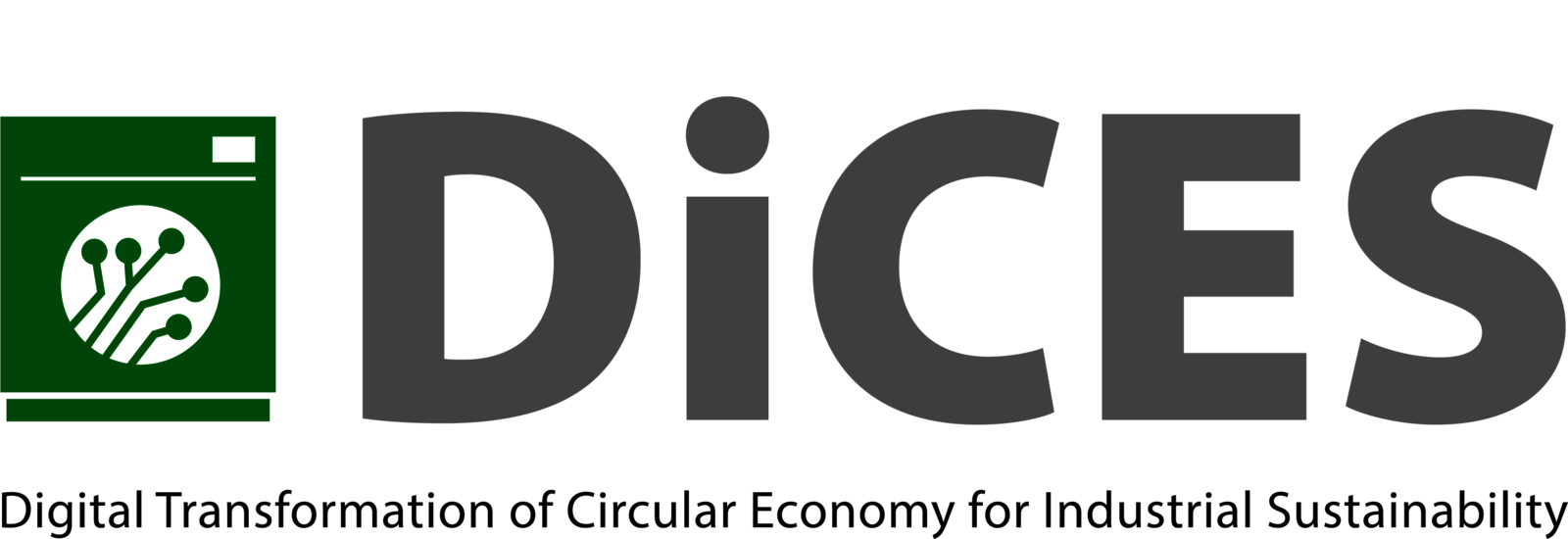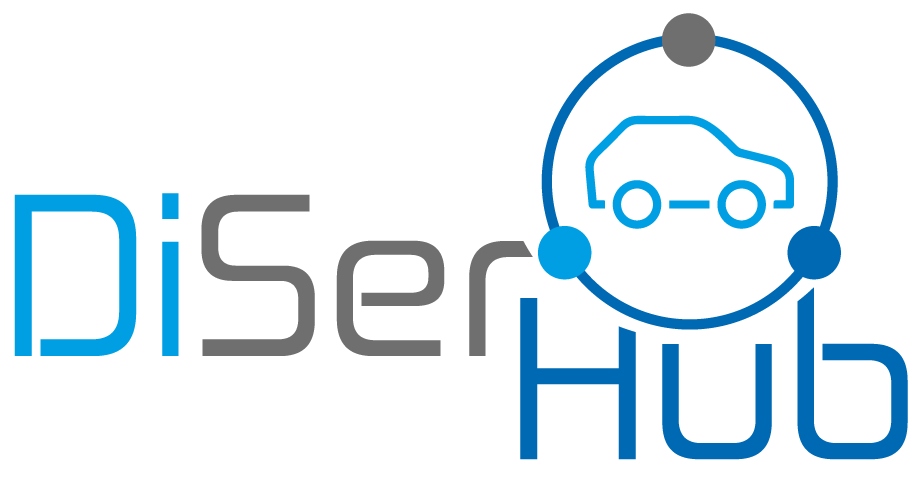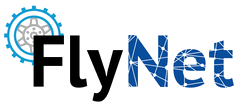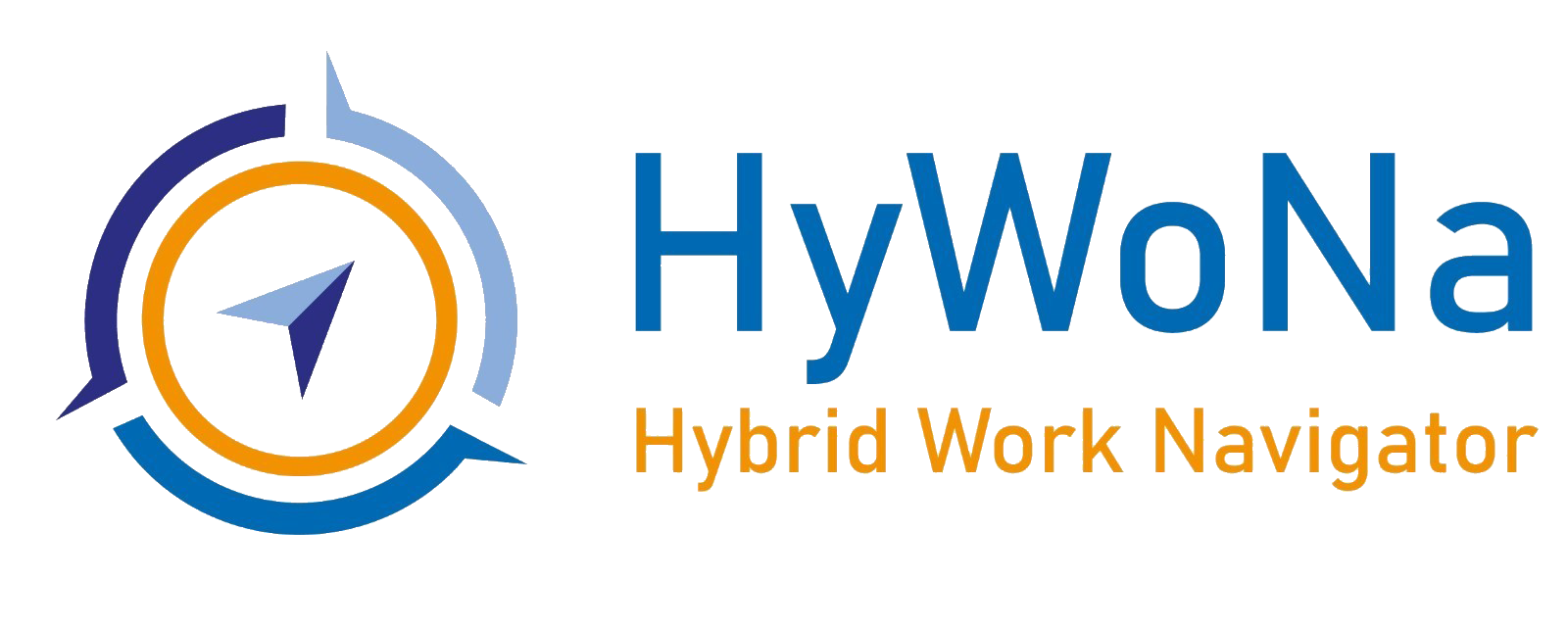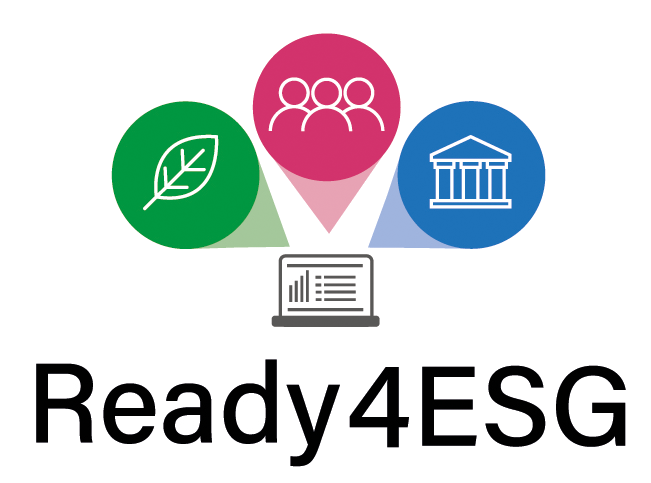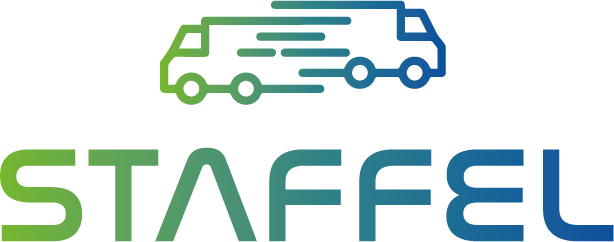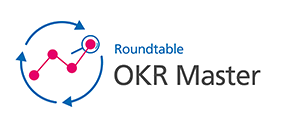Business Transformation
Strategically Designing and Implementing Digital Transformation for Companies
In an increasingly digitalized world, the abilities to innovate and adapt to new situations are key success factors for companies. This requires businesses to learn entirely new skills which empower them to make use of data and collaborate on new forms of value creation within what can be termed the platform economy. Practice shows that these skills are not as yet sufficiently established – or not established at all – and that numerous innovation and transformation projects fail.
Against this backdrop, the Business Transformation section is concerned with the underlying principles of successful transformation, providing guidance on how the digital transformation process is to be designed and how companies need to position themselves in the new era of digital economy, with its platform-based business models and ecosystems, and how they can strategically leverage the vast amount of available data.
The Business Transformation division understands transformation as a significant, strategically relevant paradigm shift that results in the fundamental redesign and realignment of central value creation processes. The central hypothesis is that digital technologies, such as data analytics, the interconnection of individuals and things, Blockchain techologies not only lead to new services and business models, as part of a strategic reorientation, but also enable a fundamental redesign of the structures, processes and behavioral patterns of companies. It offers the opportunity to strategically redefine one's entrepreneurial activities and objectives. This understanding emphasizes a complete redefinition of business activities and differentiates itself from approaches that serve to increase the productivity of existing processes and systems without questioning their enormous importance.
Against this backdrop, the Business Transformation unit develops methods and processes for solving the following two entrepreneurial challenges:
- Organizational Design: Design approaches and methods for organizational development that support leaders in effectively steering enterprise-wide transformations and embedding them sustainably.
- Ecosystem Design: Models and processes of value creation design in the platform economy and open forms of cooperation.
The Business Transformation Canvas was developed to cope with these and other current entrepreneurial challenges. It provides a framework for the sustainable implementation of a transformation as well as associated management tasks and serves as orientation for the responsible managers. The Business Transformation Canvas comprises 20 design fields that support the transformation process holistically from a strategic objective to a comprehensive roadmap.
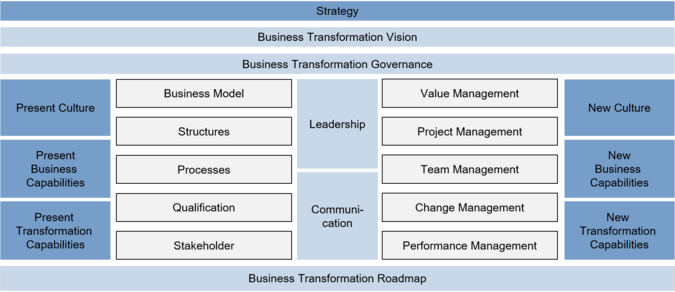
Your Contact Persons
Related events

We support companies in the sustainable realization of business innovations and in the establishment of strategic capabilities for transformation.
«Gerrit Hoeborn
Research Unit Business Transformation (Head)Associated research projects
GRROW
The objective of the ‘GRROW’ project is to enable value-preserving circular economy strategies such as refurbishment and remanufacturing to be implemented in an economically viable and scalable manner under real brownfield conditions today. To this end, a DPP-enabled end-to-end circular process is developed and piloted, which leverages AI-based retroactive data interpolation, defined scaling stages, and dynamic return management to ensure planning reliability, customer acceptance, and robust business cases for ReX business models.

HyWoNa
The aim of the 'HyWoNa' research project is to develop a user-friendly digital navigator that supports small and medium-sized enterprises (SMEs) in the implementation of hybrid working models. Specific requirements in the areas of people, technology and organization are taken into account in order to enable tailor-made solutions for different business contexts. The focus is particularly on indirect areas of manufacturing companies and the IT sector, as hybrid working models are particularly relevant here.

PROSPECTS 5.0
The ‘PROSPECTS 5.0’ project aims to promote the adoption of Industry 5.0 principles such as human-centricity, sustainability and resilience and to facilitate the transition to Industry 5.0 for SMEs, start-ups and scale-ups in various sectors.
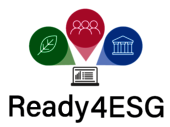
Ready4ESG
The 'Ready4ESG' project aims to support small and medium-sized enterprises (SMEs) in reporting their company-related impacts on the environment, society and corporate governance (ESG reports) through a web-based platform.
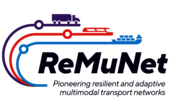
ReMuNet
The aim of the ‘ReMuNet’ research project is to design a resilient and sustainable multimodal freight transport network for Europe.

DiCES
The aim of the research project 'DiCES' is to develop a data-based integrated value creation system of the multidimensional circular economy for manufacturing companies, which makes true circular economy completely part of the operational order processing of companies.

DecentraLEAD
The aim of the research project 'DecentraLEAD' is to enable SMEs to successfully manage decentralized workplace concepts for cognitive professions.

Invest4Health
The aim of the 'Invest4Health' research project is to understand health no longer as a cost factor, but as an investment. The aim is to create transferable business and financing models as well as digital cooperation platforms that enable long-term scalability and citizen participation.

TuWAs
The aim of the research project 'TuWAs' is to establish a transformation hub that enables companies in the massive forming sector to meet the challenges of disruptive megatrends.

COPPA
The aim of the research project ‘COPPA’ is to develop an open and scalable Circular Collaboration Platform (CCP) with functionalities that create benefits for recyclers, plastic reprocessors / converters, packaging manufacturers and food retailers.

BAValue
The aim of the 'BAValue' project is to optimize the benefits of business analytics, particularly in SMEs in the manufacturing industry, by means of a suitable decision model – mapped as a practical IT tool.

SoW
The aim of the "SOW" research project is to gain a better understanding of novel solutions for increased service-oriented value creation in networked service provision on the basis of four concrete cases from four different industries and to make them predictable, thus supporting forward-looking entrepreneurial design and evaluation of services and business models.

STAFFEL
In the STAFFEL project, a platform for organizing cross-carrier encounter traffic and an IoT-based security technology for asynchronous trailer transfer are to be designed and pilot-tested.

FlyNet
The aim of the FlyNet research project is to make Flywheel effects usable for small and medium-sized manufacturing companies by establishing cross-company networks.

AKzentE4.0
The aim of the research project ‘AKzentE4.0’ is the humane introduction and implementation of Industry 4.0 concepts and technologies in small and medium-sized enterprises (SMEs) in the Aachen region. For the sustainable anchoring of results, a “Human Factors Competence Center for Employment in Industrie 4.0” is being established.
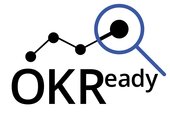
OKReady
The aim of the OKReady research project is to develop a concept for introducing the Objectives and Key Results (OKR) agile management system in small and medium-sized enterprises (SMEs). OKR provide an effective way to improve prioritization capability as well as communication and transparency in the company to strengthen employee engagement. OKR enables SMEs to align the activities of their employees with a common vision and to transparently map corporate goals across all hierarchical levels.

mMEU
The research project mMEU focuses on the development of a data-based model, which is developed on the basis of environmental data with reference to mobility and thus enables a local determination of microplastic emissions.

PROmining
The aim of the PROmining research project is the company-neutral conceptual design, development and realization of a web-based demonstrator to improve the forecasting capability and increase the capacity utilization of SMEs in the German stone and earth industry. The planned demonstrator of a platform solution is intended to create an incentive for SMEs to tackle the digital transformation and improve internal data management. The project is being carried out by FIR e. V. at RWTH Aachen University in cooperation with the Institute of Mineral Resources Engineering at RWTH Aachen University.

RPAcceptance
The goal of the RAcceptance research project is the sustainable use of the efficiency potential of robotic process automation (RPA) in SMEs by promoting acceptance. Those factors are determined and addressed which positively as well as negatively influence the acceptance of the use of RPA software.

Legitimise IT
The aim of the research project Legitimise IT is to help SMEs in the manufacturing industry to use and legitimise beneficial shadow IT in a controlled manner, taking existing risks into account.
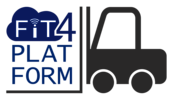
Fit4Platform
The aim of the research project FIT4Platform is to support SMEs in contract logistics, which currently use established business models, with the successful and low-cost implementation of digital platforms into their existing business models.

Di-Link
The "Di-Link" project primarily serves the goal of realizing a resource-efficient, sustainable closing of cycles for companies in the plastics industry. In the "DiLinK" project, technologies are being developed and infrastructures set up to exploit the potential for the use of recycled plastics. This is made possible through research and development into innovative digital system solutions that are tailored to the problem at hand. The aim is to produce high-quality products from recycled plastics, to avoid plastic waste and to close material cycles in the sense of a circular economy. The digital system solutions involve in particular the development of innovative electronic equipment for data acquisition by sensors in the field of process measuring technology and the subsequent data processing and transfer by means of appropriate software solutions. This resource-conserving model of plastics use creates secure supply structures that enable the exchange of resources along the value chain, in which the use of secondary plastics is to be increased through cooperative collection, processing and distribution. This return to the material cycle makes a targeted contribution to waste avoidance and increased raw material efficiency.

REPAST
Parking traffic represents a considerable part of the municipal traffic volume. Particularly affected are employees who move their vehicles around the city for work reasons and need a parking space for a short period of time. The consequences of this are the re-legal parking of the vehicle in illegal stopping bays, entrances and exits or on the second row of driveways, which in turn causes further traffic disturbances.
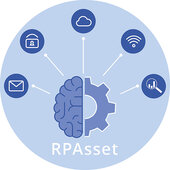
RPAsset
The aim of the RPAsset research project is to identify suitable processes and technologies for SMEs in order to demonstrate an optimal integration strategy for robotic process automation (RPA) that adequately takes into account organizational and process-related as well as human aspects.

BAsuccess
The aim of the research project "BAsuccess - Introduction Concept for Business Analytics in Manufacturing Companies in the Food Industry" is to develop an introduction concept for Business Analytics for SMEs in the food industry. The planned concept should enable SMEs to make data-based decisions in order to remain competitive in the long term. The project is carried out by FIR at the RWTH Aachen, the Research Institute for Management, Logistics and Production at the Technical University of Munich and the International Performance Research Institute (IPRI).

PlattformHybrid
The research goal is the development of a procedure for the establishment of hybrid business models including the possibilities of digital platforms for the SME of industrial engineering.

UrbanMove
The aim is to design and pilot a novel, intelligent inner-city mobility solution. A collaboration of innovative SMEs from the structurally weak urban region of Aachen is herewith funded to implement this. The result will be an integrative customer-centered service platform for autonomous electric shuttle, so-called "PeopleMover".
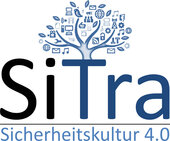
SiTra 4.0
SiTra 4.0 is aimed to develop a transformational approach for the establishment of a sustainable security culture for industry 4.0 in SMEs. This new security culture will be characterized by respect and trust, ethical standards between the actors, freedom, to take risks and to promote the intelligent use of implicit and explicit knowledge in digitized working processes.

Digivation
The goal of the Digivation project is to create generic and practicable best practices for the development, marketing, and performance of digital services. The development of the methods is based on the close connection of digital process innovation with new concepts of service engineering, individualization, and customer participation.
Hereby the main objective of the Digivation project is to accelerate the digital transformation of the economy with the help of service innovation. Based on this integrated perspective, Digivation supports collaborative projects of the funding line service innovation based on digitization by helping them with the preparation and the transfer of their project outcomes.
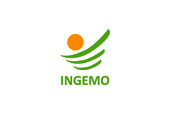
INGEMO
The goal of the project was the development and testing of an integrated methodology for business model innovation and implementation, which meets the special requirements of SMEs in the background of the green economy.
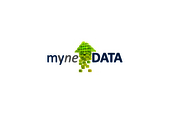
myneDATA
The aim was to provide a data cockpit in which users are able to decide on the transfer and utilization of sensitive data. They are also able to formulate preferences for privacy protection. The cockpit provides information and assessments on personal privacy risks to accomplish a certain sensitization for that topic. If personal data are used for commercial purposes, users will have the opportunity to become involved in the proceeds by "Micropayment".

ServiceAnalytics
The objective of this research project was the development of well-suited analytics algorithms for the phases of the management of industrial services in mechanical engineering companies as well as the embedding of these algorithms into an SME-appropriate procedure of Service Analytics.

fit4solution
The overall objective of fit4solution is to support the strategic change of small and medium-sized companies (SMEs) from a manufacturing company to a solution provider. By this transformation an increase of the competitiveness through differentiation is permitted.
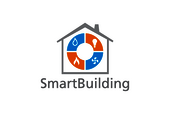
Smart Building
Target of the project Smart Building is the development of data driven services for smart buildings and in particular for office buildings. An approach will be developed that enables small and medium enterprises to utilize the potential of smart buildings in a structured way. Therefore, a catalogue of data driven services and a guideline including a toolbox to plan, steer and control the transformation process will be developed.
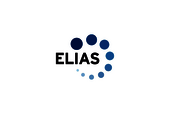
ELIAS
Within the BMBF funded project ELIAS an approach to the design and configuration of learning friendly work and production systems will be developed. In doing so the objective is to provide service as well as manufacturing companies a universal approach, which also takes the external economic, technological and social conditions into account.

BIRUZEM
The project aims to achieve sustained success with the distribution of training and affiliated consulting and research services in the Russian market. Within the project a concept and methods in order to design online self-study programs for training and development of industrial and technical staff, multi-week courses for foremen and masters as well as single and multi-day seminars and workshops will be developed, implemented and offered to the cement industry and related Industries in the target country Russia.
